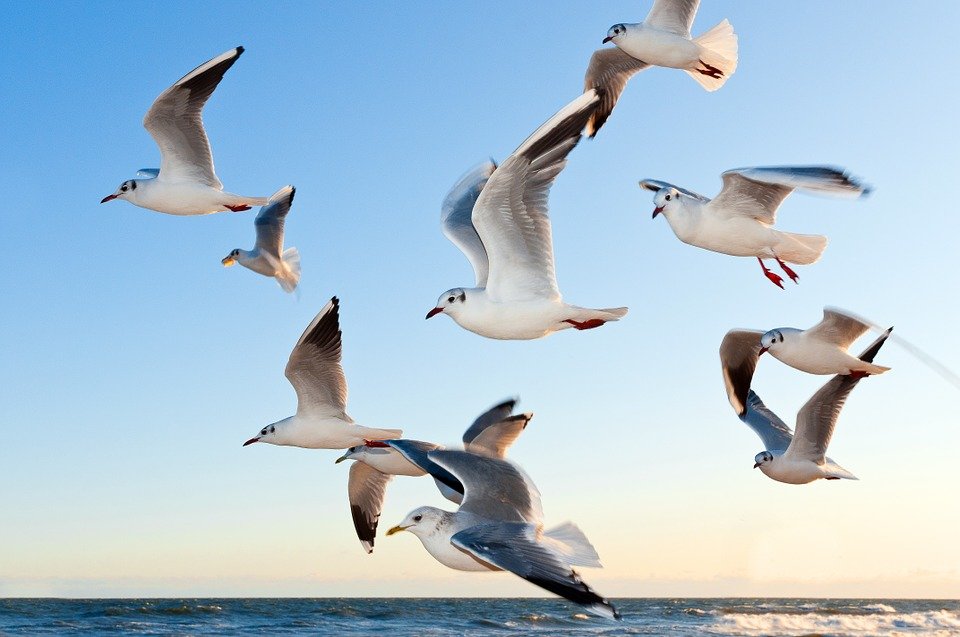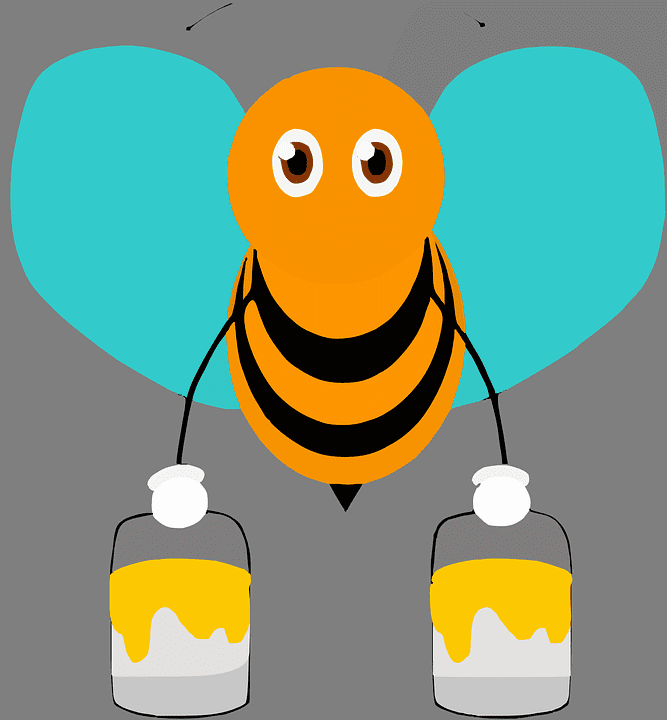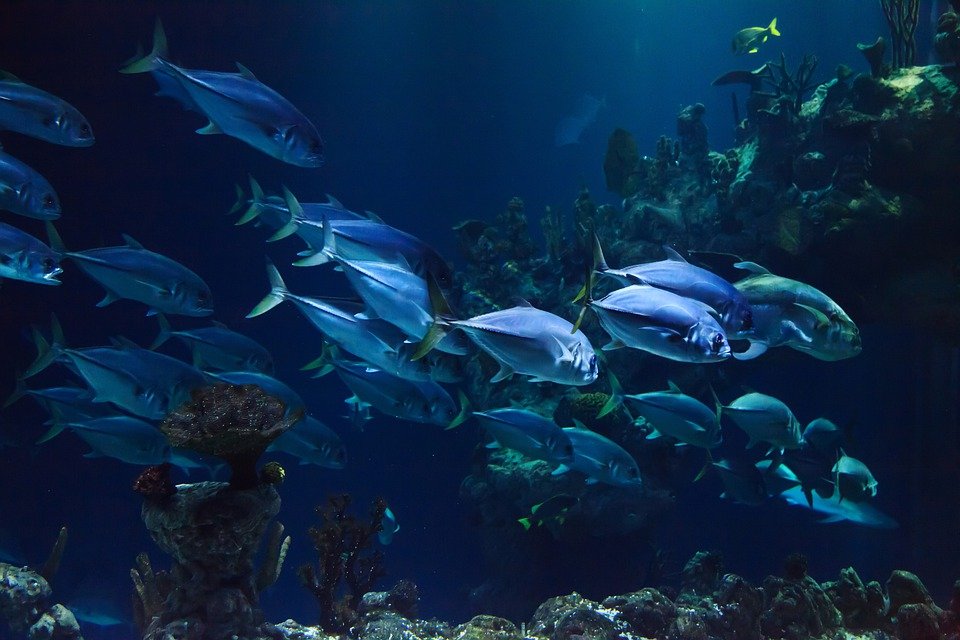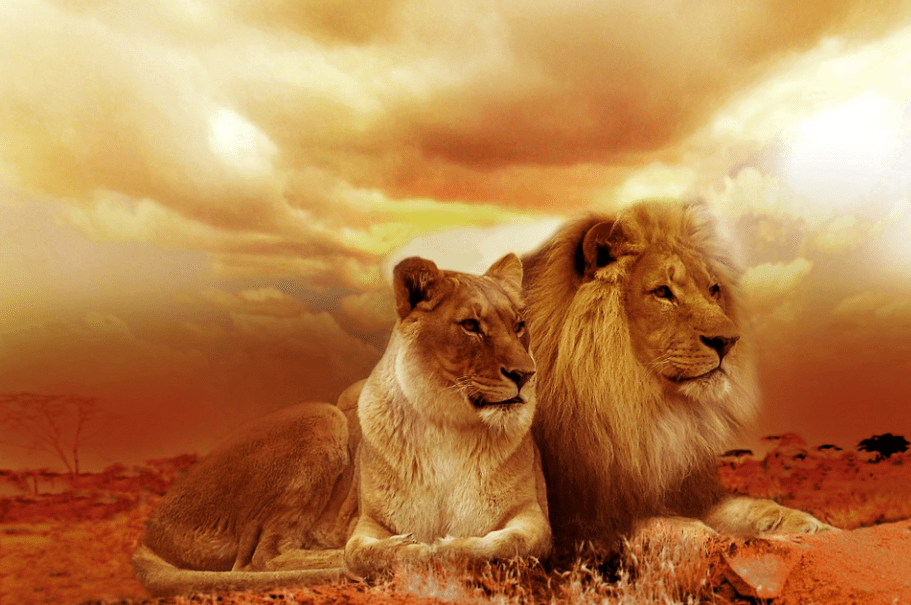Animals make decisions in democratic methods that determine when and where the group as a whole travels, whose leaders they elect, and where they choose to live
If you believe politics is a human invention, think again! Animals may not participate in lengthy debates in parliamentary chambers or approve pieces of legislation, but they certainly do politics! The idea of democracy may not be entirely a human undertaking, it turns out. Therefore, you might be amazed at how tame the wild can be while exploring the cooperative community and leadership-driven world of bees, elephants, and certain aquatic creatures!
- Why Are There So Many Programming Languages?
- What are the 12 Labors of Heracles?
- What advice is given to women in their mid-life to prevent obesity?
When presented with various situations, animals frequently choose democracy. These situations frequently involve leadership decisions that determine when and where the group as a whole will roam, whose leaders they elect, and what locations they will call home.
Birds that fly together, stay together

Birds appear to modestly appreciate knowledgeable flock members. Before taking to the air, the flock members confer to decide on the most efficient route to their destination.
Making decisions in Jackdaws causes quite a commotion, with each person crying out to indicate their desire for departure at ever louder crescendos. Only when the sound of the calls reaches a certain volume will take-off happen. Thousands of them will take to the air in perfect unison in a matter of seconds based on this democratic vote.
Similar to human societies, flocks of highly social pigeons humblely rely on one another’s judgment while taking to the skies, with no one bird claiming command.
Hive for the win

The 30,000–40,000-strong colonies of European honeybees may be one of the greatest instances of honeybee democracy since they leave some crucial, life-or-death choices to their oldest members. Bees rely on a few veteran forager bees to locate them a new home when their hives get overcrowded. Once the community has been led out of the old hive and into the new one, these selected few serve as house scouts.
Rise of the planet of the apes
Some behavioral parallels are expected given that chimps and humans share nearly 99 percent of their DNA. Chimps that are interested in ascending the social hierarchy spend their time cultivating their reputation and forming alliances by providing benefits like sharing food, women, and grooming services. Furthermore, if the alpha exhibits hostile behavior in the group, the chimps will mutiny to reduce his influence.
When deciding where to travel, wild olive baboons use democracy. Regardless of social standing or gender, decisions are determined via egalitarian processes as opposed to physical violence.
According to an intriguing research, when a troop of baboons decides to hit the trails, a few ‘initiator’ baboons take the initiative. The initiator with the largest posse wins, and as a result, gets to decide which way to go.
Deer-mocracy
Red deer will disregard their personal preferences and requirements in favor of accepting the judgment of the herd. The herd will move quickly when it is time to depart, but only if the vast majority vote by standing. Each person prefers to align their instincts to better match the group’s coordinated motions, avoiding the inevitable conflict of interest. This speeds up their hunt for food and keeps them from suffering the negative effects of being abandoned, such becoming a target for predators.
The bolder, the better!

Politicians aren’t the only ones that value personality; fish do too! Sticklebacks frequently change leaders, which is mostly influenced by the leader’s support base and personality. Therefore, brave fish typically succeed while timid fish wait for their opportunity to shine.
Behold, the Matriarchs: Grandmas rule
Probably the first creature that comes to mind when we consider matriarchal animal populations is the elephant. When it comes to leading the herd on any excursion she decides to take, the eldest female in the group wins the election. Similarly, orcas have a similar level of respect for their grandparents. In order to find their preferred meal, the orca pod will choose the elder female to lead them across the oceans. However, it was discovered that the female leader is usually picked in her 30s or 40s, when she begins to experience menopause.
However, not all animals follow the rules, just like we see in shady human politics. While termites are completely nepotistic and replace their queens with exact clones, wolves get to the top of the pack by battling and pummeling their way there.
To sum it up…
Some animal species take the process of choosing a leader very seriously, yet each community has its unique method. These political creatures have a lot of potential to surprise people and perhaps teach us a thing or two along the way.





